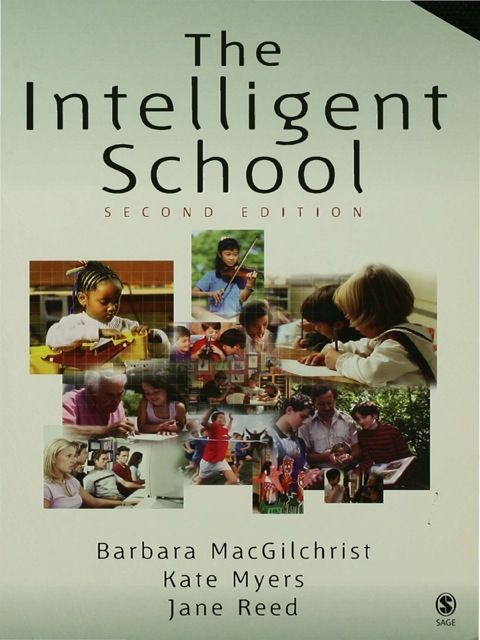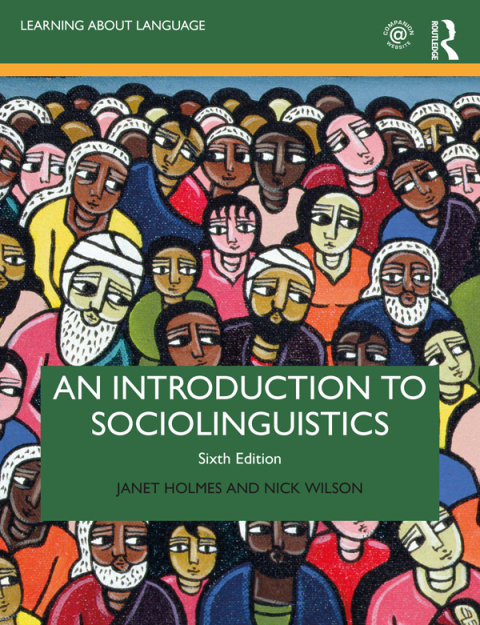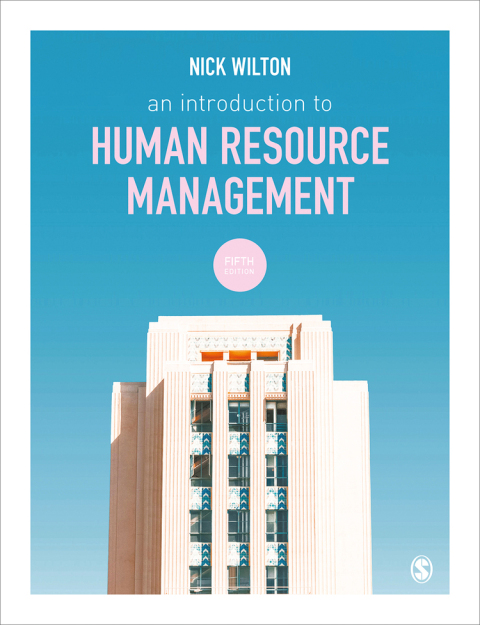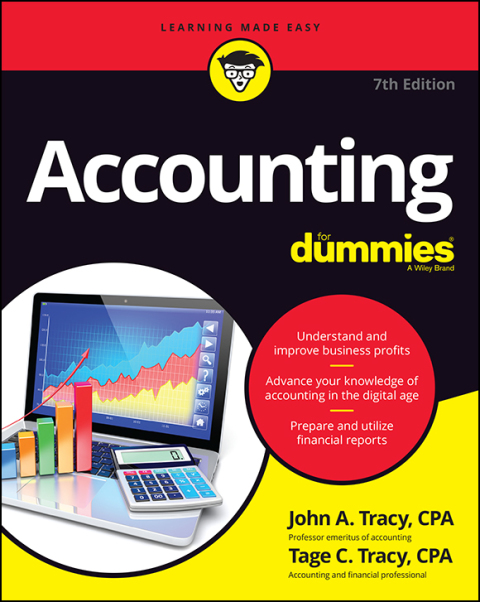Description
Efnisyfirlit
- Cover Page
- Title
- Copyright
- Dedication
- Contents
- Foreword
- Acknowledgements
- Introduction
- The purpose of the book
- The structure of the book
- How the book can be used
- 1 The intelligent school in times of change – setting the scene
- Political change – the educational reform agenda in England and Wales
- The information and communication technologies revolution
- Socio-economic changes and inequalities
- 2 Reflections on school effectiveness
- The school effect
- The concept of value-added
- Measuring what we value
- Defining achievement
- The characteristics of effective schools
- Criticisms of SESI research
- Questions for discussion
- 3 Reflections on school improvement
- What is school improvement?
- Some key messages
- Change takes time
- An individual school’s capacity for change varies
- Change is complex
- Change needs to be well led and managed
- Teachers need to be the main agents of change
- The pupils need to be the main focus for change
- Questions for discussion
- 4 Learning about learning
- Introduction
- Learning as an active process of making meaning
- Learning and performance
- Meta-learning
- The nature of intelligence
- The contribution of neuroscience
- Learning styles
- The nature of learners
- Pupils’ experience of their learning and the role of their teachers
- The physical, emotional and social environment of school
- Conclusion
- Questions for discussion
- 5 Teaching for learning
- Teaching and learning
- The features of teaching for learning
- Subject knowledge and making it accessible
- Knowledge of who the pupils are and how they learn
- Facilitating the process of learning and teaching
- Managing the process of teaching for learning
- Conclusion: the learning and teaching PACT
- Questions for discussion
- 6 Teachers’ learning
- Why do teachers need to learn?
- Does professional development make a difference?
- How can teachers learn?
- Where can teachers learn?
- Professional learning communities
- Encouraging learning
- Conclusion
- Questions for discussion and activities
- 7 The nine intelligences – a framework for school improvement
- Ethical intelligence
- Spiritual intelligence
- Contextual intelligence
- Operational intelligence
- Emotional intelligence
- Collegial intelligence
- Reflective intelligence
- Pedagogical intelligence
- Systemic intelligence
- Corporate intelligence
- Leading the intelligent school
- Questions for discussion
- 8 A postscript
- Second guessing
- Changing times
- Changing schools?
- Home schooling
- Alternative possibilities
- Learning as a social activity
- Working together
- The 24-hour school
- Schools and schooling
- Activity
- Points for discussion
- References
- Index







Reviews
There are no reviews yet.